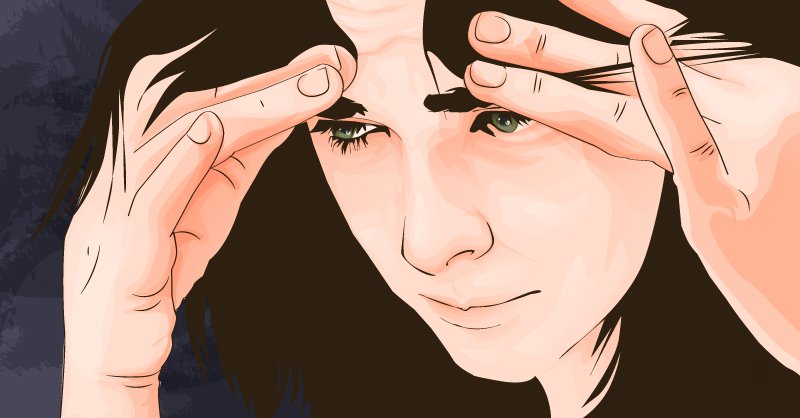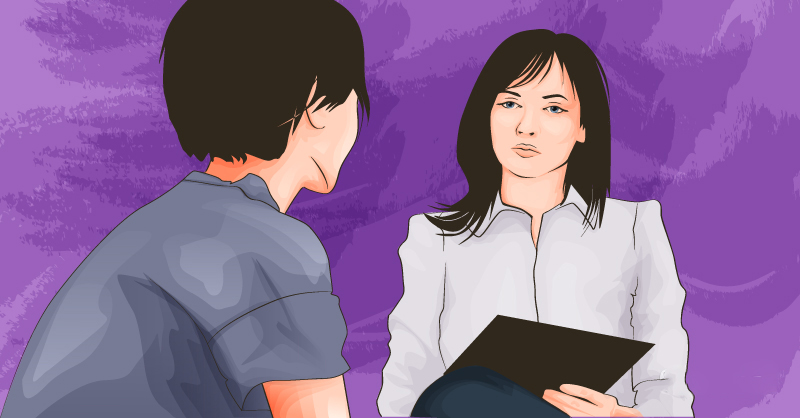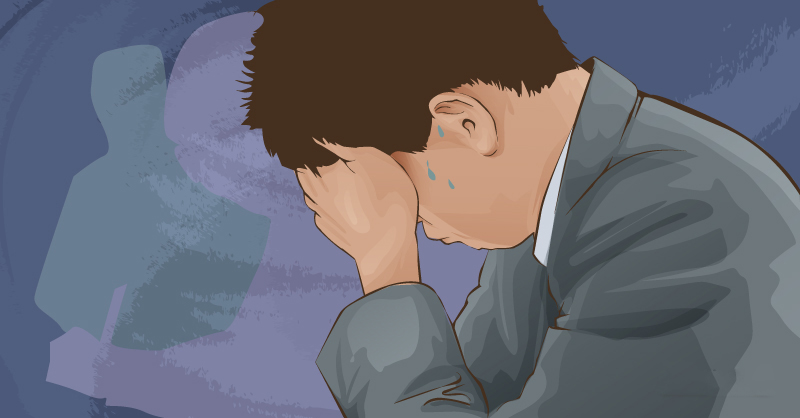We as a society are becoming more aware about mental disorders and are finally starting to take them seriously. But it can be difficult to recognize the signs of a mental problem in someone who performs well at work, takes good care of his or her family, is known as ‘life of the party’ among friends and coworkers, and acts like nothing is wrong. This is the life of people with so-called ‘high-functioning’ mental illnesses, including anxiety disorders. They seem to be doing well, but they suffer in silence. This problem is especially common among young women, but it can affect anyone.
Being able to function well doesn’t mean a person who suffers from anxiety shouldn’t get help. If you or your loved one has anxiety issues, consult a mental health professional. The problem will not resolve itself and can only get worse without treatment. And it is very important to support people with this disease. Sometimes, even the right words can help:
There are the signs that people with high-functioning anxiety often show:
1. Perfectionism

They are often labeled as ‘perfectionists’ and ‘overachievers’. That’s because they tend to check their work for mistakes dozens of times and overload themselves with multiple tasks to keep their minds busy in an attempt to drive away worrying thoughts.
2. Constant apologizing
Anxiety sufferers often apologize too much for their perceived faults and wrongdoings.
3. Compulsive actions
Many people who have anxiety perform compulsive actions when they get particularly nervous. Such actions include pen clicking, stairs counting, making lists of everything, nail biting, playing with their hair, knuckle cracking, and pulling at one’s clothes. Such actions are different for everyone and may have a connection with obsessive-compulsive disorder, which often co-occurs with anxiety.
4. Trouble sleeping
It’s a common problem for people with anxiety. They have trouble falling asleep because persistent worrying thoughts get worse at night.
5. Difficulty making and maintaining eye contact

Some people who have trouble with eye contact are just shy. But for some, eye-contact is unbearable because it makes them anxious. For many people with anxiety, it’s difficult to talk and maintain visual contact at the same time, because looking someone in the eye requires so much mental effort that it’s hard for them to focus on anything else.
6. Thinking too much about opinions of others
People with high-functioning anxiety always worry about other people judging them. They worry excessively about ‘fitting-in’ and how their achievements compare to those of other people.
7. Trying to hide the problem at all costs

Individuals who have high-functioning anxiety are often reluctant to admit they have a mental problem that needs to be treated. They try to mask anxiety by acting cheerful, getting more talkative, smiling a lot, and other ways with a varying degree of success.





